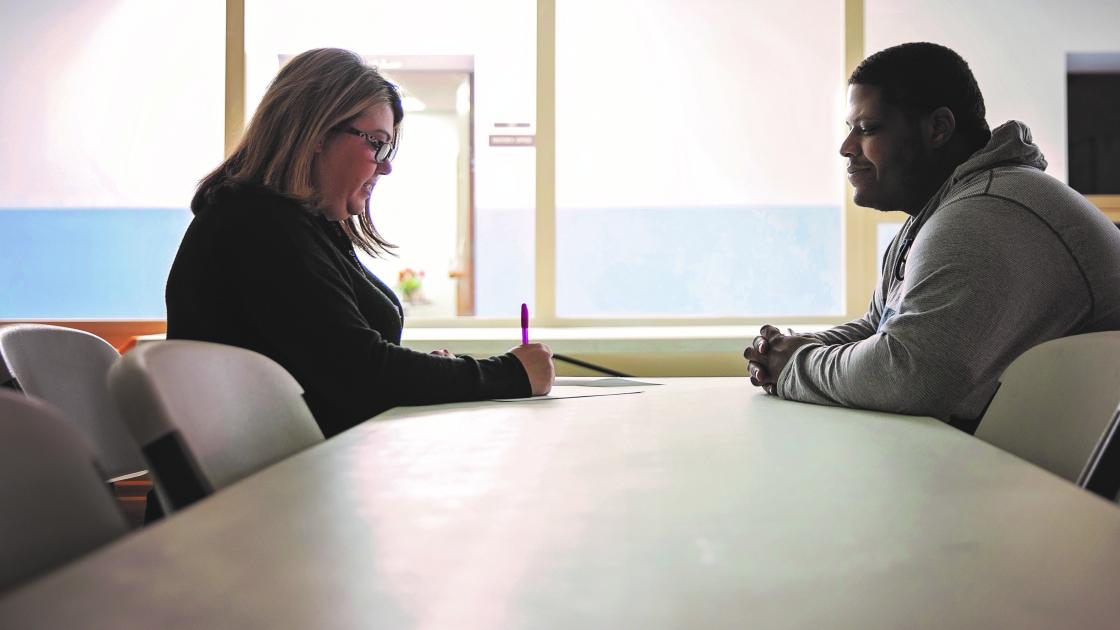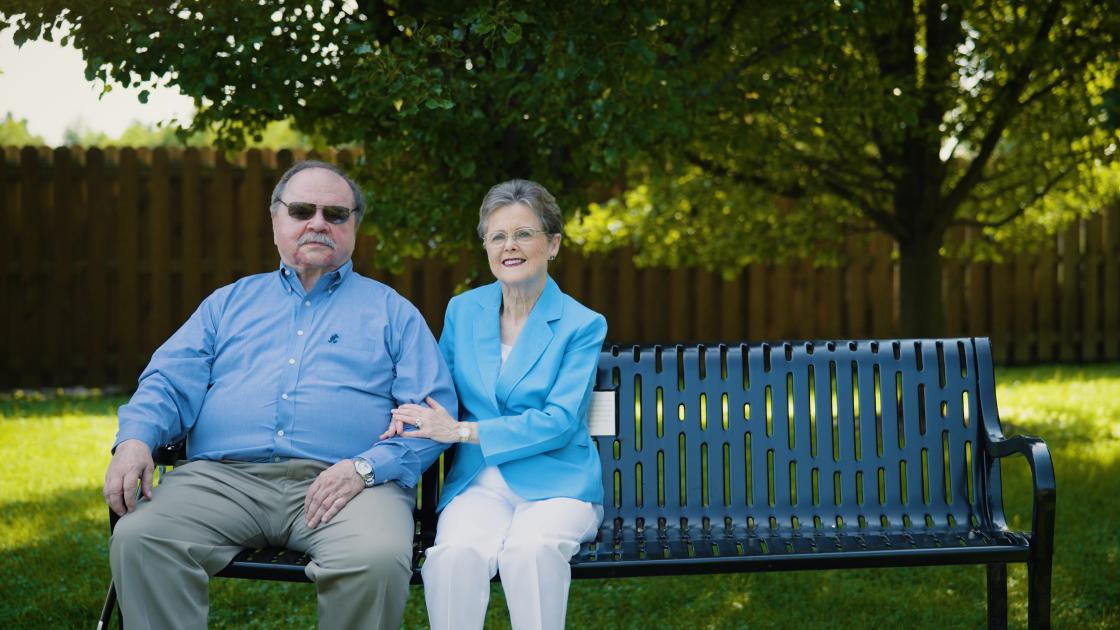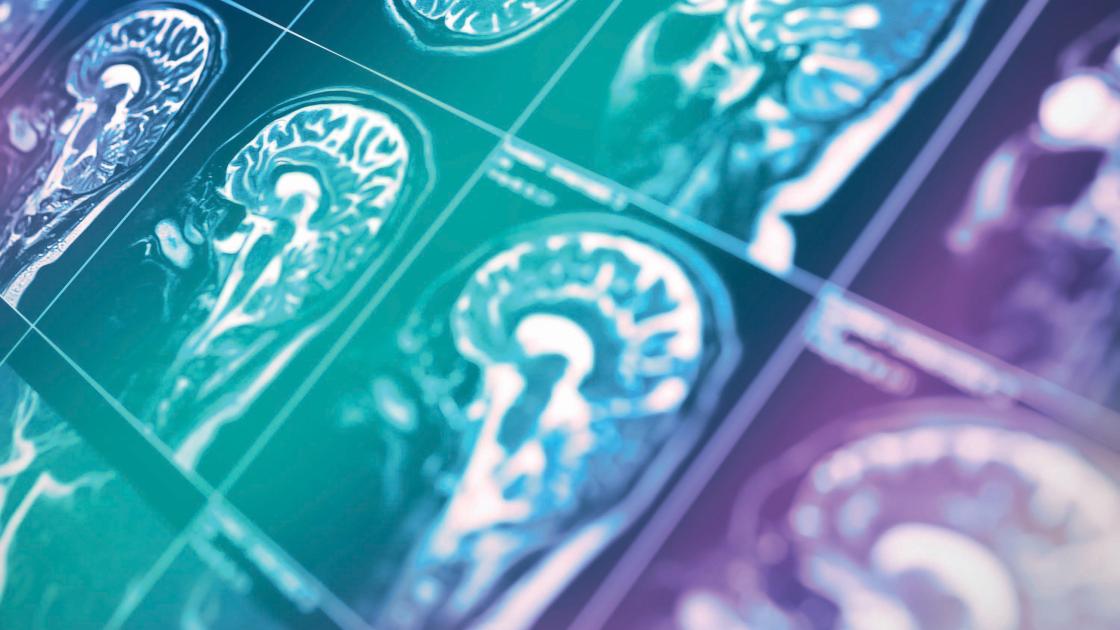
Impact of today's Community Health Worker
Not many know what a Community Health Worker (CHW) is or what the profession entails.
The Health Resources and Services Administration (HRSA) describes a CHW as “lay members of the community who work either for pay or as volunteers in association with the local health care system in urban and rural environments."
CHWs usually share ethnicity, language, socioeconomic status, and life experiences with the community members they serve.
Tyra Jones, Education Coordinator for the Office of Community Care at SIU Medicine says CHWS have been identified by many titles, such as community health advisors, lay health advocates, outreach educators, community health representatives, peer health promoters, and peer health educators. CHWs offer interpretation and translation services, provide culturally appropriate health education and information, help people get the care they need, give informal counseling and guidance on health behaviors, advocate for individual and community health needs, and provide some direct services such as helping a patient obtain housing, benefits such as food stamps and Medicaid services, employment, and disability. Most importantly, they advocate for the patient. CHWs are frontline agents of change, helping to reduce health disparities in underserved communities. CHWS approaches each patient holistically.
CHWS also provides preventative measures such as establishing primary care providers (PCPs), getting patients to appointments education and follow-up services. These measures keep emergency department utilization down.
Jones said she wants to bring more light to what a CHW is an what it means to the community. She has collected brief interviews with some of the CHWS from SIU School of Medicine OCC.
CHW workers have become a huge part of the current climate of health since it has drastically changed due to the COVID-19 pandemic. During this time CHWS have seen hospital beds filling up, the emergency room being overutilized, homelessness increasing, food shortages, unemployment, and the mental health crisis getting worse. These workers are stepping in and creating relationships with people and connecting them to resources. If you are homeless the last thing on your mind is worrying about your health. Jones said that’s where CHWS come in: they take care of the patient holistically. They intervene and try to ease other worries while simultaneously addressing health care needs.
"I believe that if you want to know the heart of this work, you must hear it from someone who engages in it every day. I often call CHW the hands and feet of providers. CHWs are in the patient’s world. CHWs see many complex issues that the provider may not understand. CHWs have special access to the patient's life that is often left out at a health care professional’s appointment. That is why CHWs are vital," shared Jones.
In her interviews, she asked the following questions:
1. Why did you become a CHW?
2. What program are you in?
3. How has CHW's work impacted you personally?
I’m hoping you will see the importance of this work as they tell their stories.
Bobby
My name is Bobby McKinney, and I’m employed by SIU School of Medicine in the Office of External Relations. Currently, I am receiving a grant through Access to Care. I first heard about the program from a fellow employee at SIU, who encouraged me to apply for the job due to my experience dealing with community clients. I’ve worked as a Shelter Aid at Helping Hands, Substance Abuse Counselor, and in various outreach programs assisting clients with their personal needs. Since working as a CHW, I’ve gained so much knowledge, valuable information, and resources to assist my clients with their social needs and health care. The most rewarding fact about my job is waking up every morning and heading to work to serve my community. I do this by making a difference in someone’s life. This type of work will never get old, because many people in the Springfield community need our services. It is always rewarding to graduate a client from the program when they become self-sufficient to handle their health care, finances, and social needs. To make a long story short, I worked with this client for 2 years. And successfully graduated from the program. This client’s Supplemental Security Income (SSI) got cut off, and we were diligently applying for employment so he could pay his rent. I advocated for the client by speaking with the property manager to work with him. I applied for rental assistance to cover 3 months' rent. My client found a job, making $14.00 an hour. I worked with him for a few more months until our last meeting. He felt very confident providing for himself without a payee and managing his health care/social needs. The Access to Health Initiative assesses a patient's health status and living condition, after completion of intake and self-sufficiency forms. Upon completion of the form, I can navigate and advocate for individual care services as needed. I am then able to assist with the patient’s health care/social needs, such as locating a PCP, coordinating visits with health care professional appointments, and medication management. This is until the patient is self-sufficient enough to manage their health care without others. (This is the primary goal of a CHW) I’m hoping that this article, which will feature brief interviews with some of the OCC CHWs, will serve as an introduction to not only some of the CHWS but also the programs that they serve under.
Areli
I became a CHW because of my interest in serving the immigrant community in Springfield, IL! As a Hispanic woman, I must serve my community in any way I can and it feels like a privilege to do that. Before my role at SIU SOM, I was unaware of CHW's work. However, it greatly aligns with my passion for advocacy, and I am thankful I was recruited. Currently, I work under the Access to Care program servicing the immigrant community. I do things like, register them for health insurance or set up health care appointments. My greatest accomplishment so far has been enrolling two clients in health benefits for migrant seniors through the Illinois Department of Healthcare and Family Services (HFS), a new program in Illinois. I hope HFS expands the program to cover other age groups. This will enable me to register more of the immigrant community in Sangamon County. Overall, I love the work I do as a CHW and will continue to encourage others to look at the role as a potential career opportunity.
Chantel
My name is Chantel Bowen. I became a CHW after one of my relatives had a high-risk pregnancy and needed continued care. One day, I was at her home and a woman was there very knowledgeable about my relative’s health. It intrigued me so I asked her about her profession. I did my research and knew this was the career path I wanted to take. Being a CHW has opened my eyes to healthy lifestyle choices, and community resources. I have also identified the social and economic impact on our communities' most vulnerable populations. During my time I have had much success finding resources, affordable housing and assisting individuals to navigate their health care concerns. I have also helped provide food for those who are in need. CHW work has endless possibilities. CHWs offer the opportunity to change, help, and deliver access to health care at the community level. CHWs promote, navigate, and engage in the community, breaking barriers to health services. The future is bright! The latest program I am working on is the Juvenile Redeploy Illinois Program. This is funded by Sangamon County Court Services and the Illinois Department of Human Services. This program provides community-based treatment alternatives and resources to qualified juvenile offenders and their families to reduce incarceration.
Diamond
My name is Diamond Dodson. Being a CHW worker has impacted me in many ways. You learn so much and there is much to cover. Being a CHW worker, there’s an opportunity to meet many new people, see different environments, and discover ways how to make situations better. You learn how to set appointments, and you attend appointments. Most of all, I realized you’re becoming a family member to these clients and helping them stay on top of their health like they are supposed to. I work in the Juvenile Redeploy Program. I believe this is an excellent fit due to my law enforcement background. The Juvenile Redeploy Program has helped our clients realize they are great. It's great to change things around to better themselves, which teenagers may struggle to do. Our success story is that we have had four successful discharges!
Nick
I began working at SIU Medicine as a contact tracer during the COVID-19 pandemic. It was working alongside the pandemic health workers and seeing the positive things they did for the community when I learned what CHW work was. As the contact tracing program came to an end, I decided to continue my service to the community and care for those in it as a CHW. I currently work with two programs: Whole House Health and Radon Education. Whole House Health is a home visiting program where a client’s house is assessed for health-related adversities such as lead, radon gas, mold, and pests. The Radon Education program provides at-home radon screening kits. These kits allow clients to test their own homes for radon gas. Radon gas is the second leading cause of lung cancer. It has no smell, taste, or color. The only way to find radon is by testing. An example of success in these programs would be providing a radon test for an older client with a 14pCi level. This is the cancer risk equivalent of smoking 28 cigarettes a day. After testing, our program provided mitigation services at no cost. A licensed radon mitigation crew came in and installed a permanent system, reducing radon levels.
Tanya
My name is Tanya Bakamba. I work under the Access to Care grant. I serve the Pillsbury Mills neighborhood. My main services include home visits, linkage to mental health services, and referrals to community resources. I also provide resources for rental assistance, prescription assistance, childcare needs, resume-building skills and job searches. The impact I have as a CHW is listening and responding to clients and communities with compassion and kindness. The fall cookout was a big highlight for me. It helped bring out the Pillsbury community, which has been very challenging in the past. It helped get the program off the ground and allowed me to introduce myself while telling them about the Access to Care program.
Kaye
The World Health Organization defines health as “a state of complete physical, mental, and social well-being and not merely the absence of disease or infirmity.” I trained as a community health worker to be a force in the democratization of health care and support clients to achieve their personal, highest standard of health. Since becoming a CHW in 2020, I have become convinced of the importance of a healthy lifestyle in attaining and sustaining health. In addition, I have seen how social determinants of health can aid or inhibit a person in attaining their personal goals. My focus as a community health worker, diabetes prevention educator, and nutrition coach is on chronic disease prevention and self-management. I use the 6 pillars of lifestyle medicine: whole food plant-based eating patterns, restorative sleep, avoidance of risky substances, stress management, healthy movement, and positive social connections, to educate clients to take control of their health. My time here in the Office of Community Care has been incredibly humbling, enlightening, and rewarding. I am privileged to work with clients who were once pre-diabetic and hypertensive, choose to change their lifestyle, and achieve amazing results. Some of these successes include losing 20-plus pounds of weight loss, A1Cs falling within the normal range, and no detectable hypertension. One client was on three different blood pressure medicines and is now down to one. Directly observing these results has increased my belief in lifestyle medicine. Every individual has the right to peace and security, and a high standard of health is fundamental to this pursuit.
Nicol
After helping the older population for over two decades, I felt drawn to helping others in our community. I came to SIU SOM and the Office of Community Care a year and a half ago. I am currently a community healthcare worker with the United Way Impact program. During my time with this program, I have partnered with several agencies to help those living with addiction, persistent mental illness, and poverty. I have also empowered them to become self-sufficient. I have felt an immense sense of pride in my work as I have helped clients get medical billing rectified. I have also connected others with area agencies to receive stable housing. In a particular case, I connected a client with a health care provider. This provider, after countless others, provided answers for their medical diagnosis and finally deliver successful treatment. This, in turn, allowed the client to continue working and be self-sufficient. I love the work that I do and have a sense of fulfillment knowing I am making a difference in our community's everyday lives.
OCC Programs:
AOTRadon/ Home HealthNurse-Family Partnership for (1st-time moms)CHW ECHO program-providing education for CHWs Includes (DPP, and DSMES services as well as Diabetes, HTN, and Asthma managementJuvenile RedeployAccess to Health/ United Way
If you are interested in any of these services please contact occ@siumed.edu



